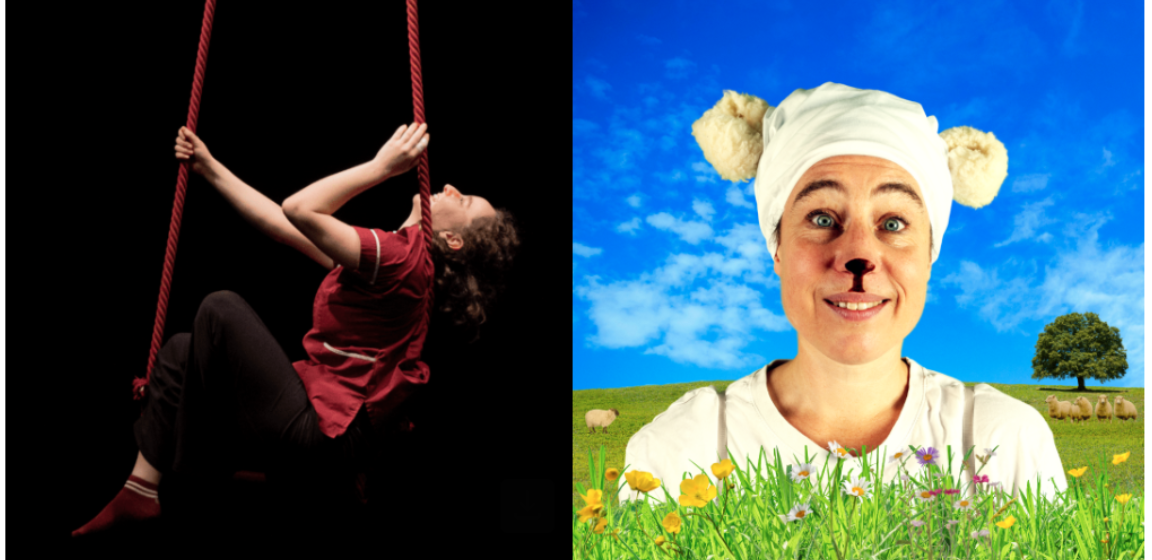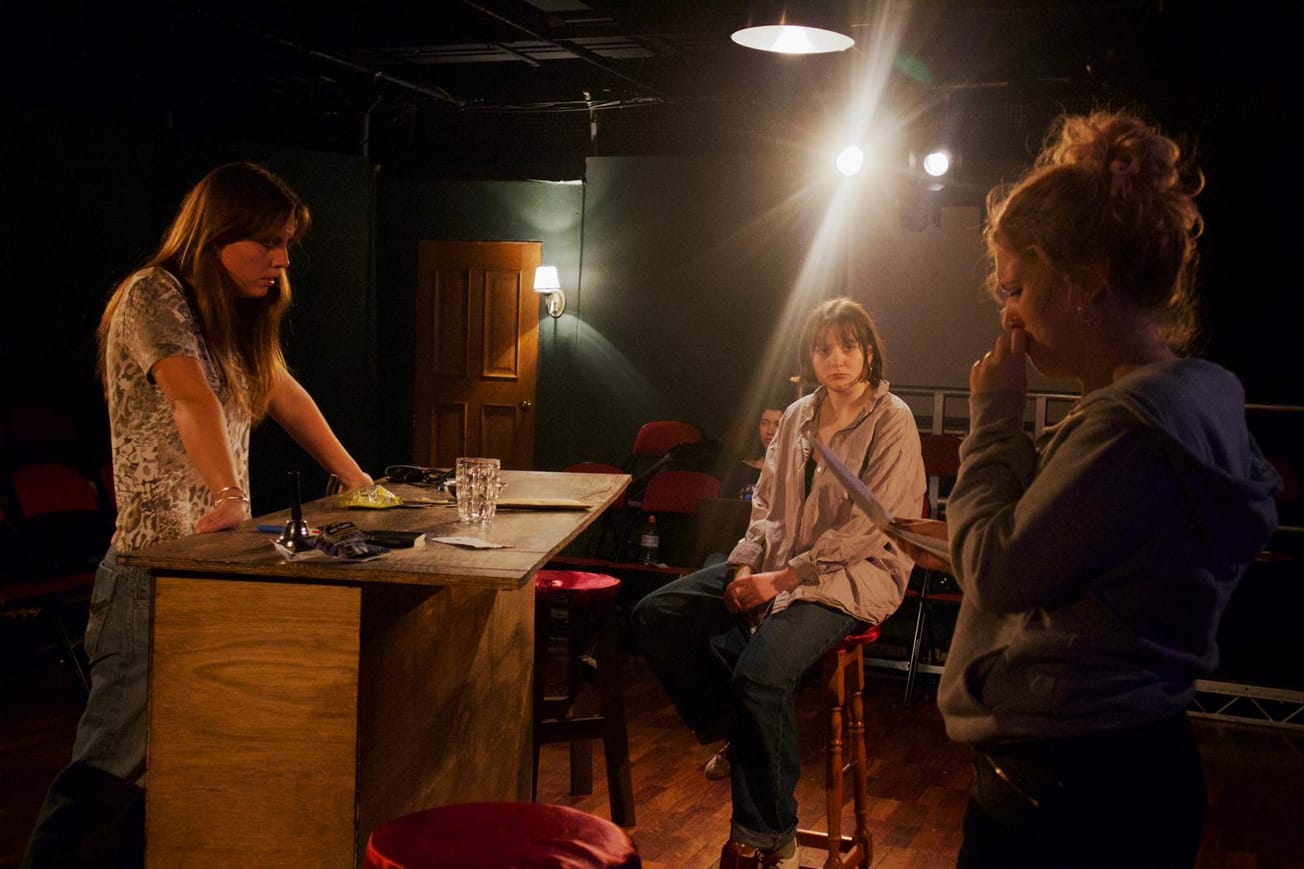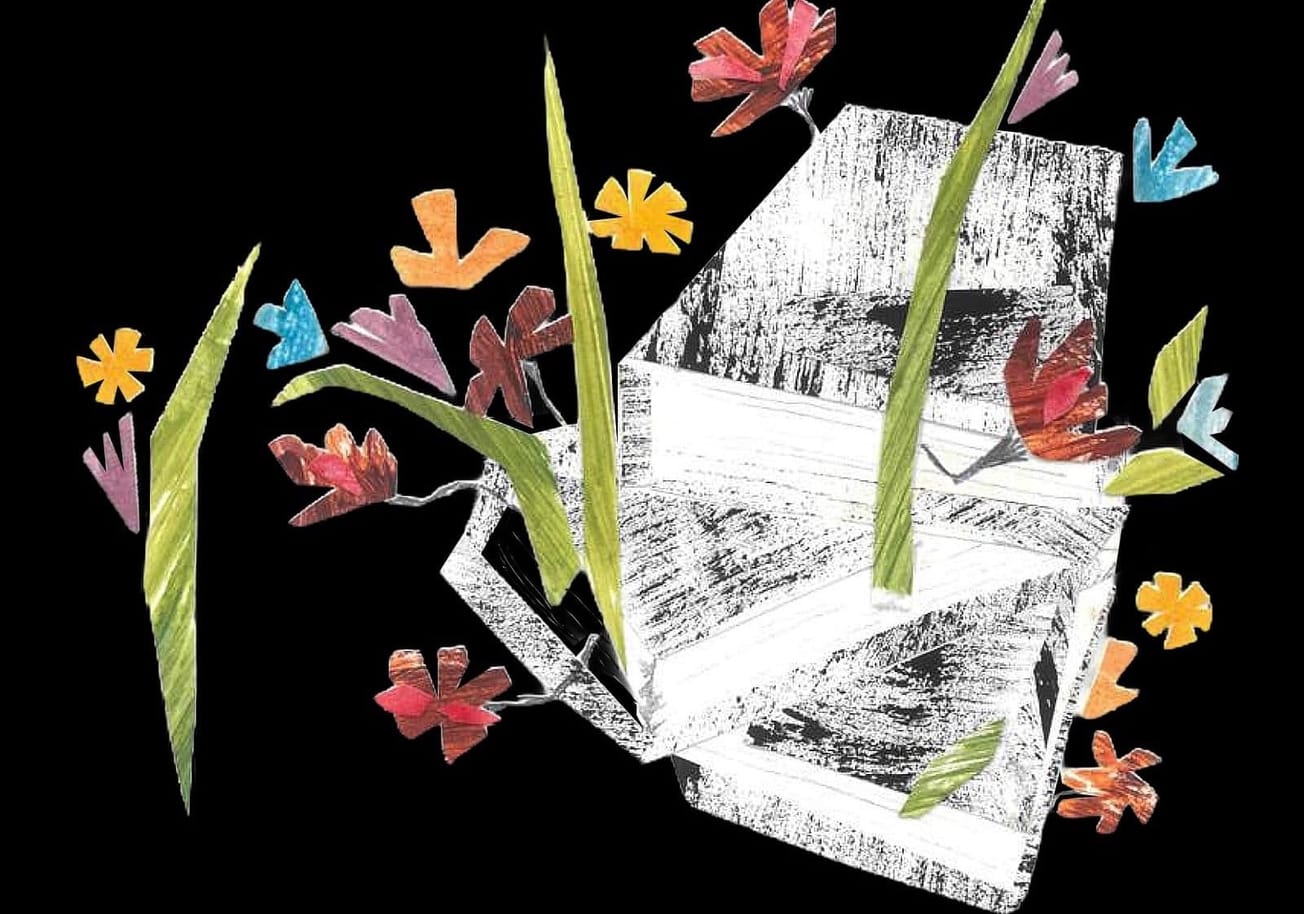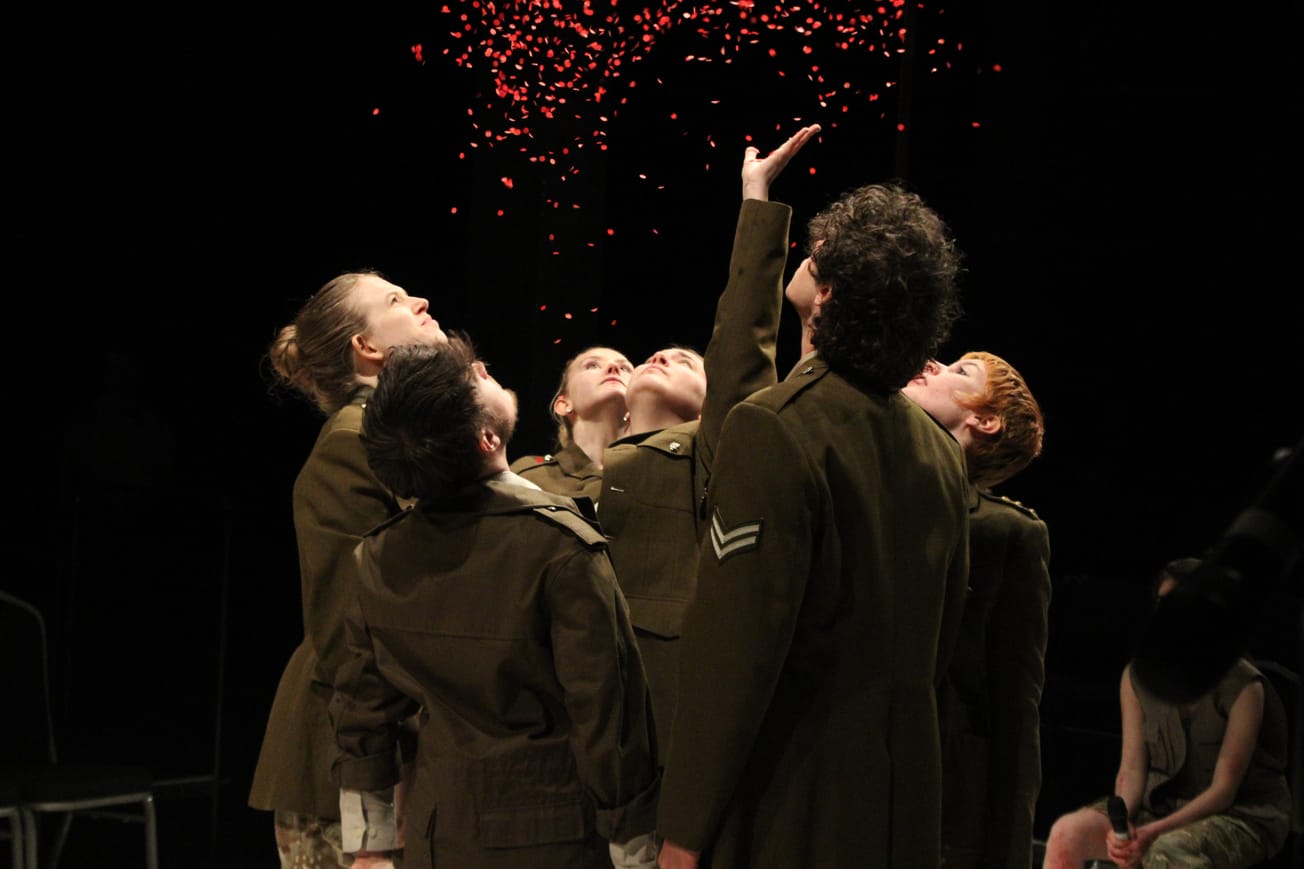By Karen Mends, Opinion Editor and Alex Creighton, Deputy Opinion Editor
The Cycle
In 40 short minutes, Liz Fairnell weaves together a compelling narrative, combining powerful dialogue, circus trapeze and audio accounts to deliver a striking performance that navigates illness, grief, joy, and life with rare sensitivity. The result is a multi-medium masterclass: The Cycle, a deeply moving anthology of experience from the perspective of a woman working in palliative care.
I never thought that a play which regularly features incontinence and human faeces would be one of the most impactful I've recently seen.
Joking aside, this performance brings dignity to the experiences of those both giving and receiving care. With people at its centre, it reminded me of humanity’s propensity for kindness in the face of suffering. This makes for an uplifting and humanising performance.

Equally, it isn’t a romanticisation of the suffering intrinsic to serious illness. The Cycle doesn’t shy away from the traumas of working in palliative care, with a portion of the performance dedicated to the heart-breaking reality of dealing first-hand with death. It also doesn’t sugarcoat the conditions faced day in and day out by care workers, detailing their exhausting, long and emotionally demanding days of work.
The Cycle finds the joy in pain, the beauty in grief and the life in death. The performance swings gracefully between comedy and tragedy, finding a balance that left me reflective and uplifted. It’s a nuanced, deeply human portrayal of the beauty that can be found in life and its end.
The Beauty of Being Herd

At any point in your life, have you ever felt like you just don’t fit in? Whether it be at home with your family, at school, or at work, it feels as though everyone around you seems to be getting on just fine, but you’re not making any real connections?Everything simply feels superficial, draining, and lonely. Well, that feeling is perfectly summed up by Ruth Berkoff’s The Beauty of Being Herd.
This piece is marvelously written and performed by Ruth as a one-woman show. What initially seems to be a comedy about Hannah, the main character, abandoning her human life to go and live with sheep takes the audience on a journey filled with laughter and melancholy.
It’s safe to say that most of us would be taken aback by the oddness of choosing to live with sheep rather than humans—until Hannah reveals the rationale behind her decision: the complexity of human social rules and the difficulty that accompanies establishing connections and relationships. The production encourages the audience to contemplate why society has so many guidelines for determining who fits in and who doesn’t.
The audience begins its journey with the opening scene, where Hannah puts on her costume and reveals her decision to move to a field with sheep. This is followed by an encounter at her office elevator, an office party, a sex party, and a rave, before returning to the field. Quite the scene progression!
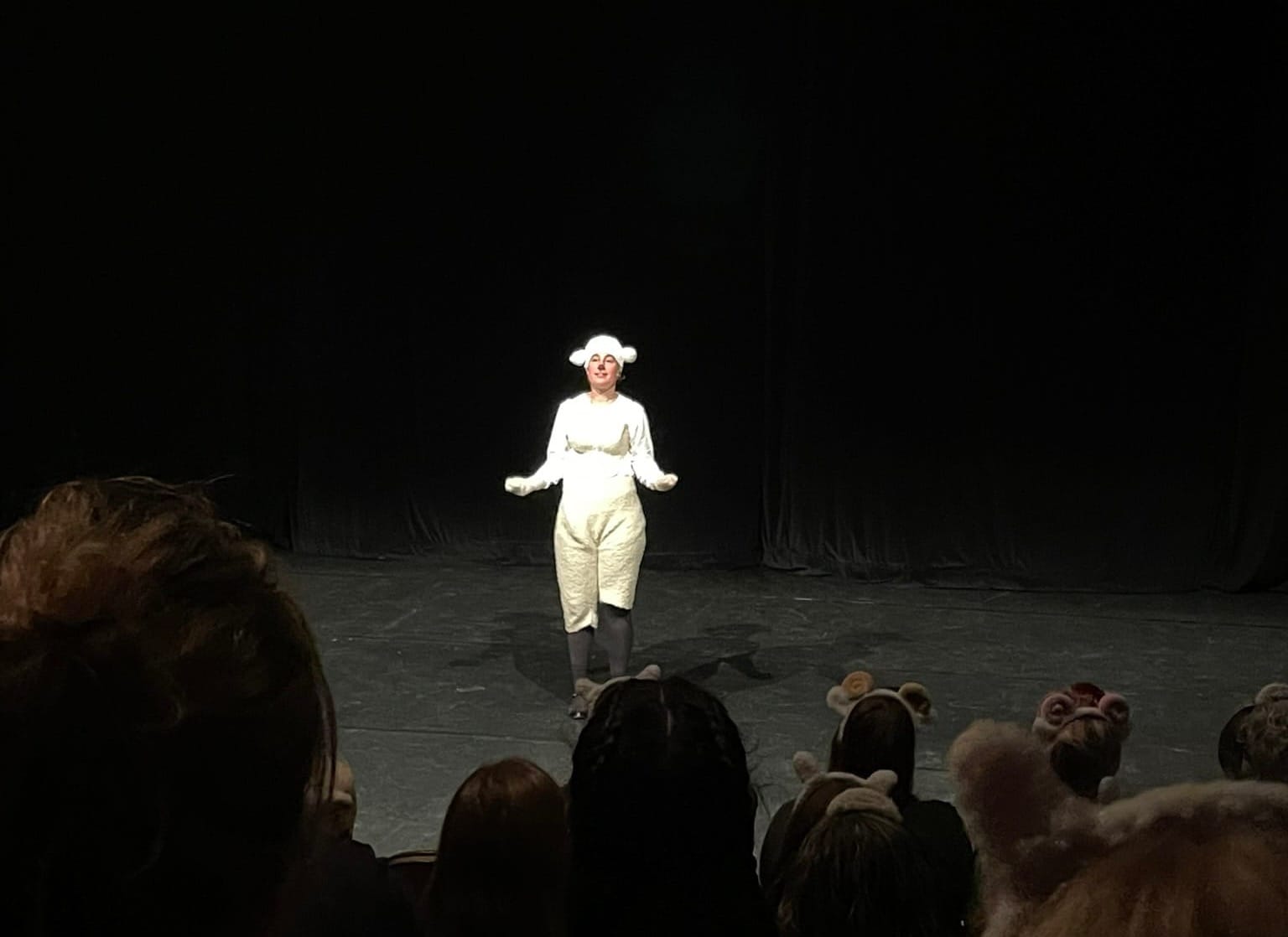
One of the most touching aspects of this performance is its commentary on feeling a lack of belonging. A particularly memorable moment was when Hannah turned to the audience, breaking the fourth wall, and asked, “Can everyone who’s ever felt lonely put up their hand?” Everyone in the audience raised a hand in the air, and to my surprise, my own hand rose swiftly. The feeling of being an outsider is one we often shove to the back of our minds, refusing to acknowledge. Admitting that we sometimes feel alone almost feels like admitting defeat; yet, it’s clearly a feeling we’ve all experienced one way or another.
The play also delves into topics of sexual assault, with Hannah guiding the audience through the thoughts and feelings of someone enduring this ordeal. The rawness and truthfulness of the production makes it stand out and leaves a lasting impact on its audience.
Ruth does a brilliant job of steering our thoughts to these inner feelings, but the true genius behind her acting is the way she’s able to switch between comedic and serious scenes within a mere matter of seconds. I found myself shifting between tears and laughter within moments.
Through her marvelous ability to evoke feelings within the audience and her constant breaking of the fourth wall, Ruth provides an essential critique of the human experience, one that leaves her audience contemplating everything around them.

